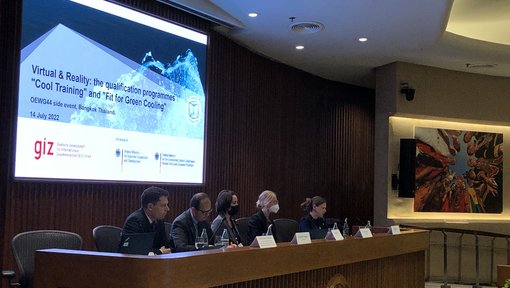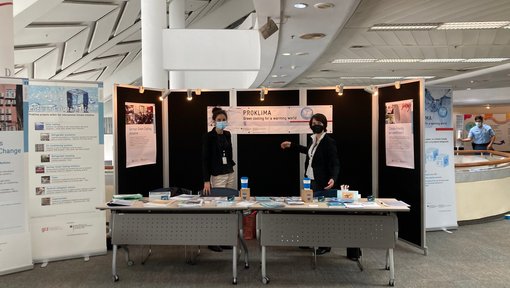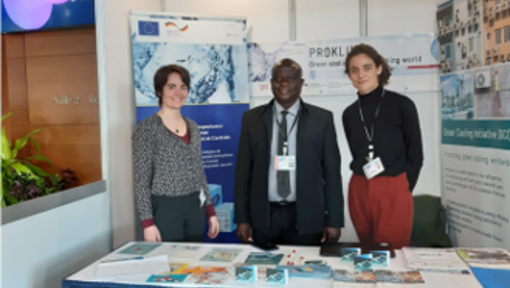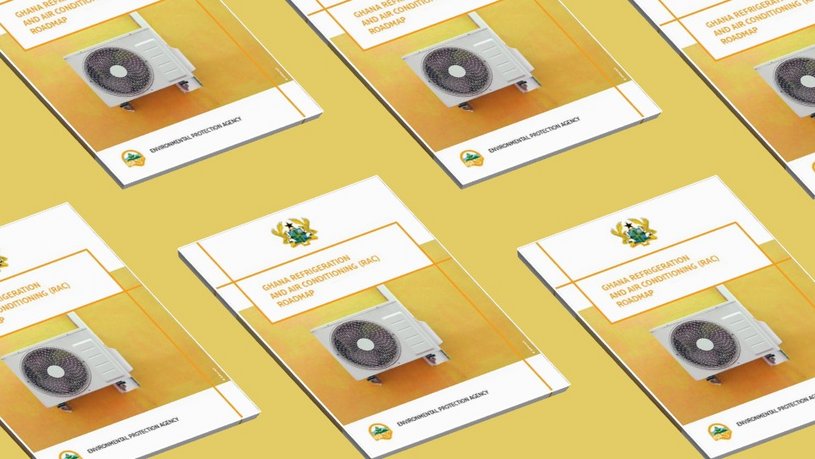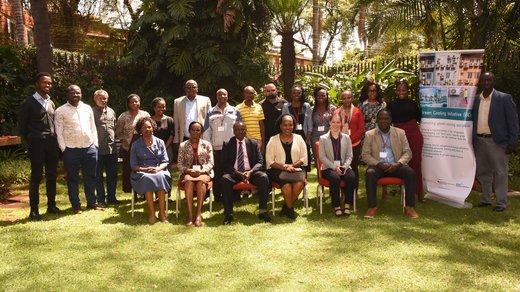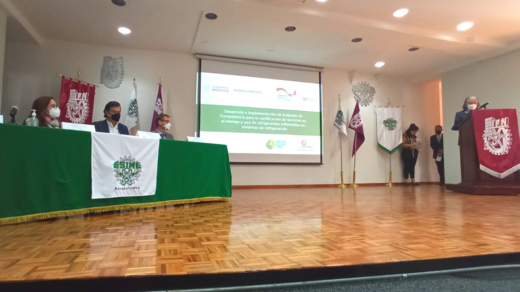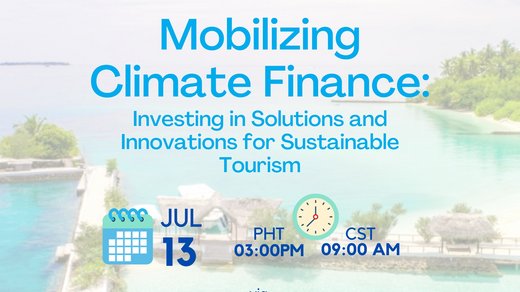The Ghana Refrigeration and Air Conditioning (RAC) Roadmap describes how the RAC sector in Ghana can be transformed to be more environmentally friendly.
This publication identifies current barriers to that goal and formulates strategies on how these barriers can be overcome. The roadmap includes a stepwise timeline with milestones for two RAC sub-sectors to achieve substantial emission reductions. The document builds on a previously published inventory of GHG emissions in the RAC sector and a technology gap analysis that highlights the potential of environmentally friendly RAC alternatives to replace current systems based on technical feasibility.

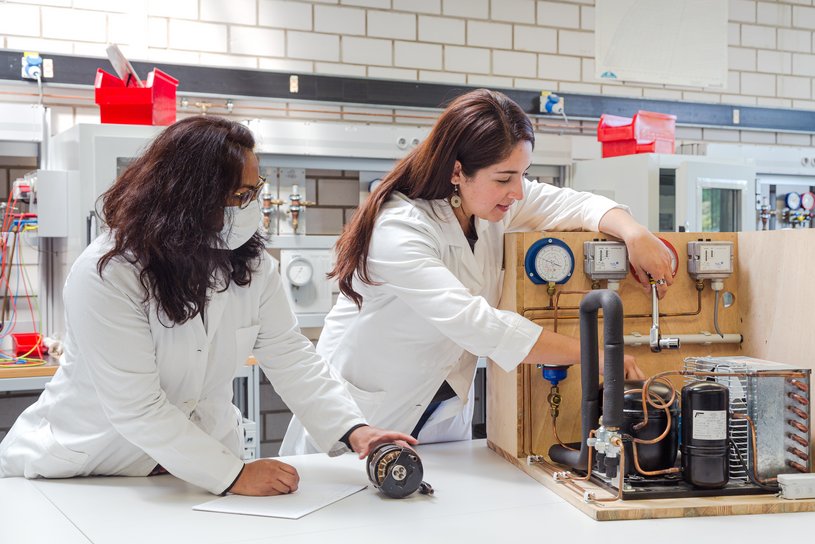 Image: giz / Andreas Döring
Image: giz / Andreas Döring